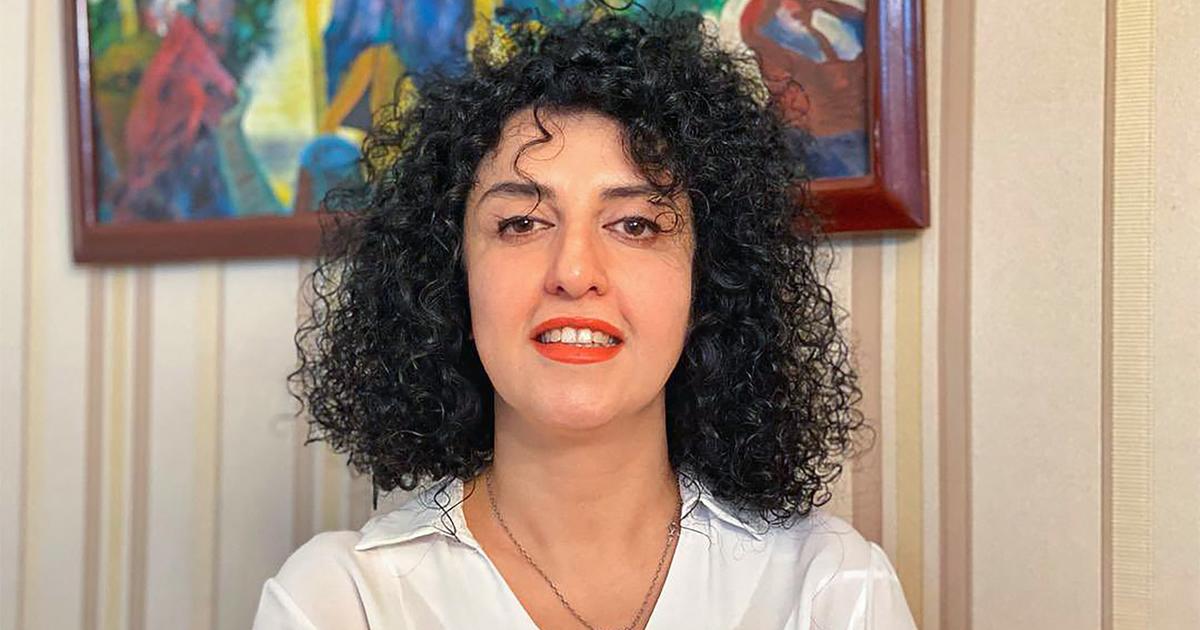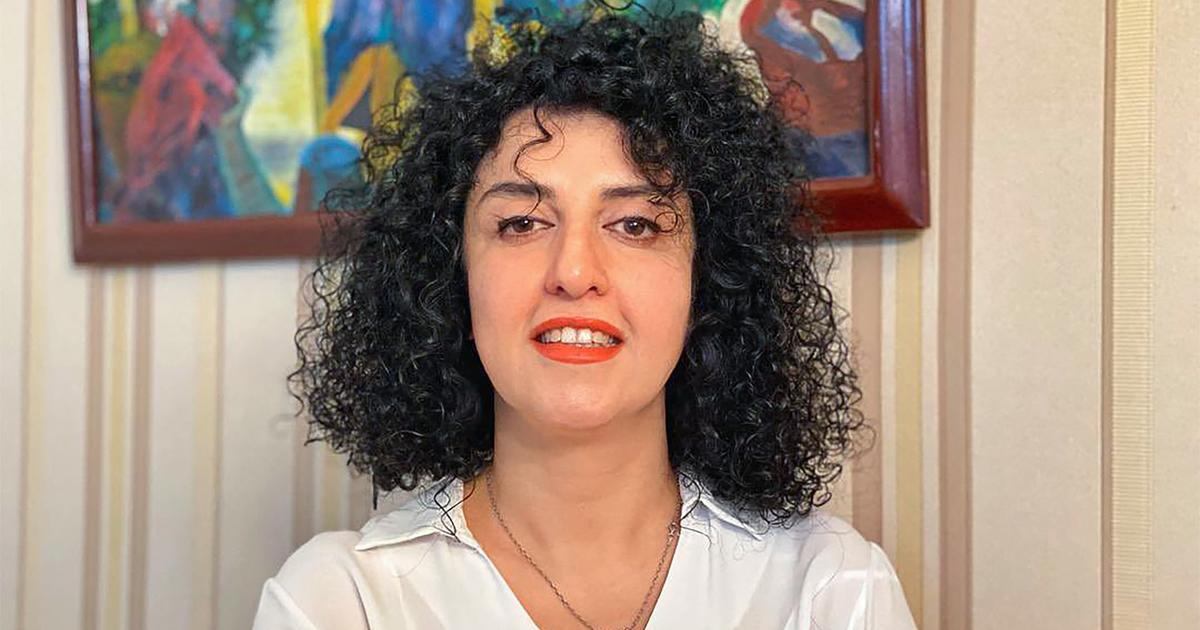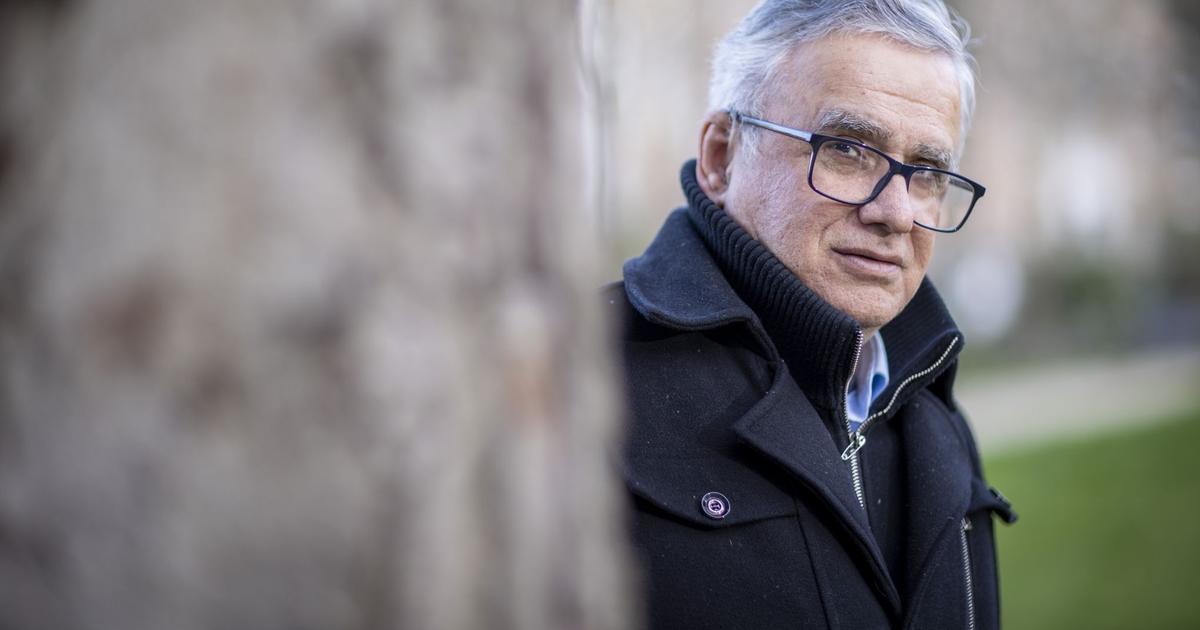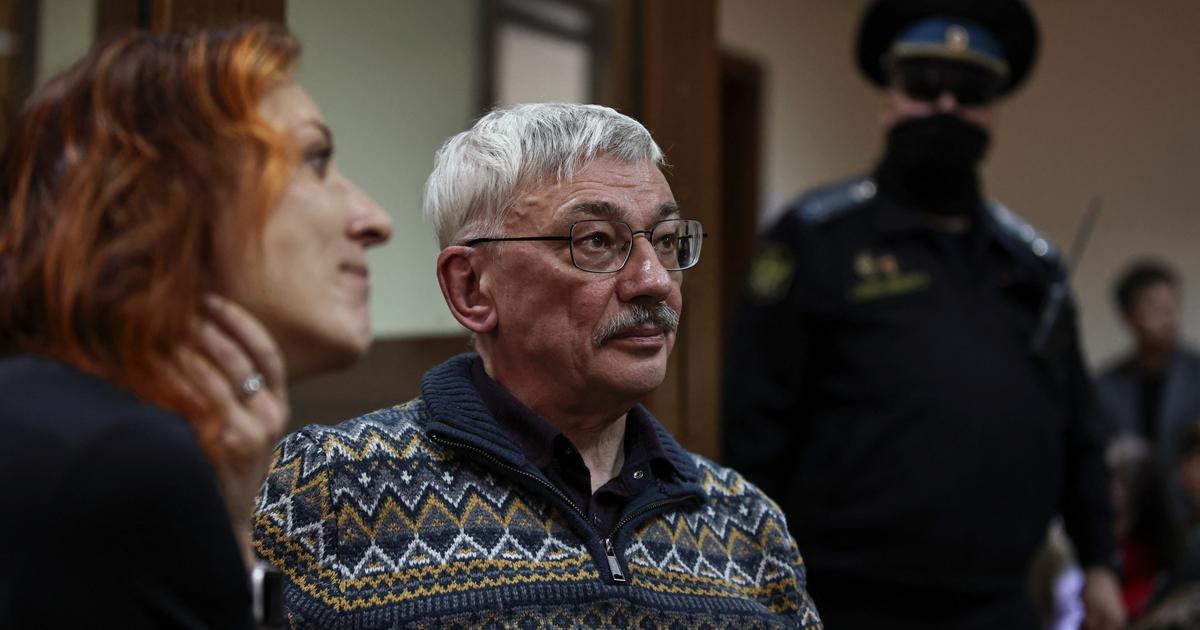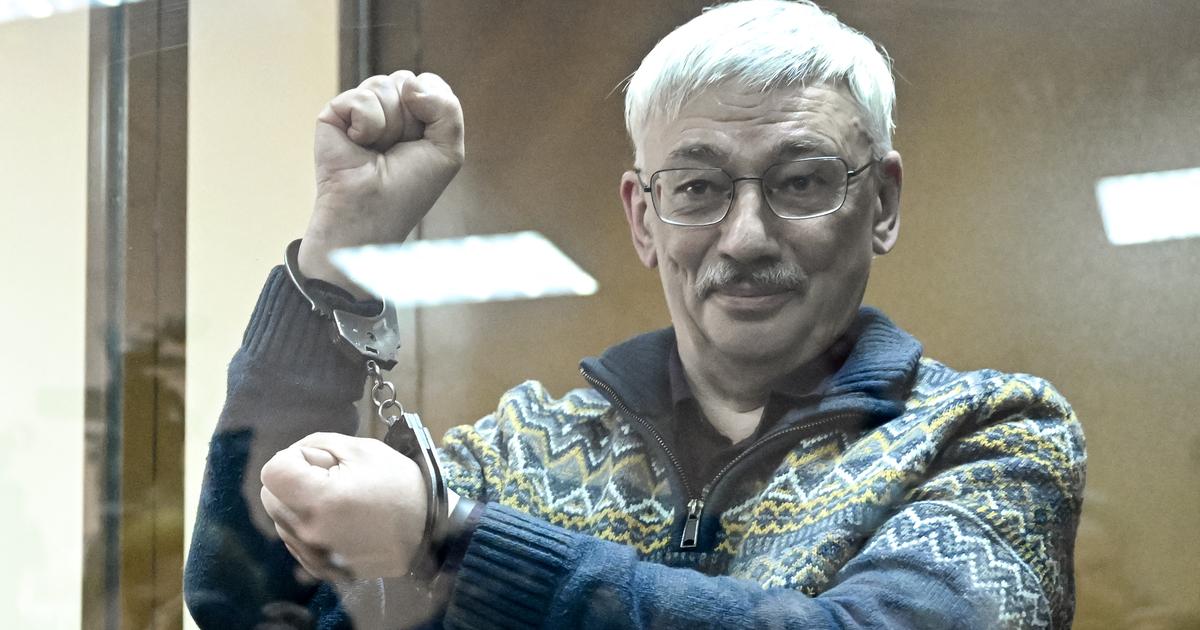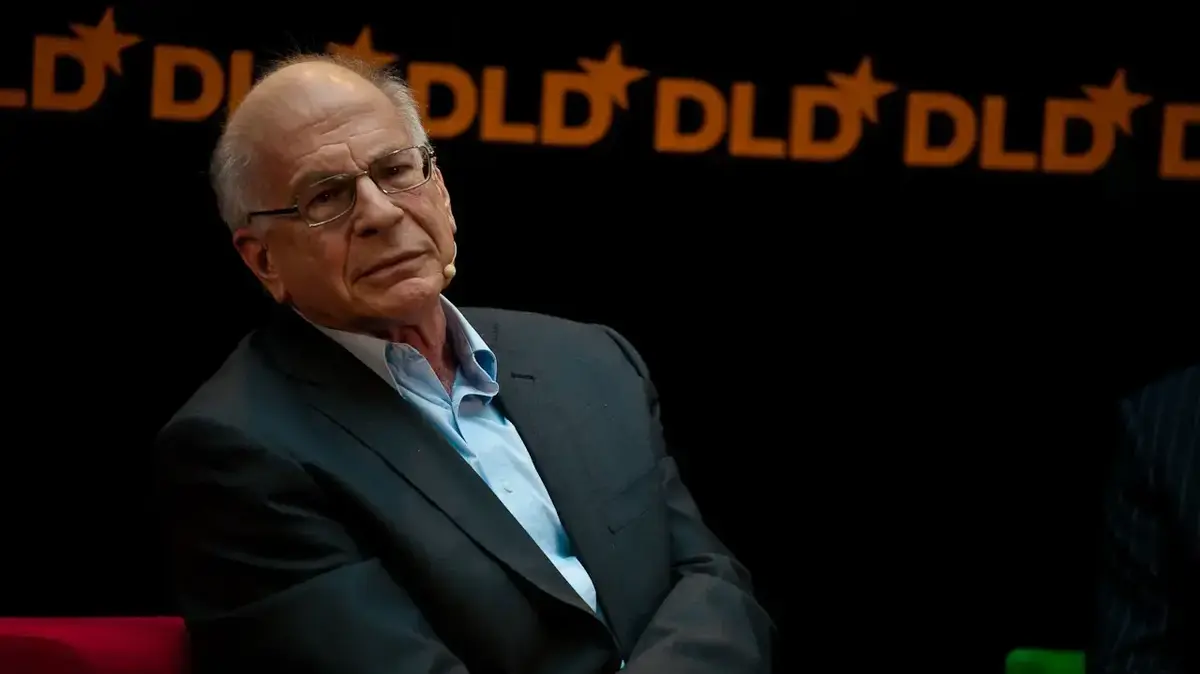Icon: enlarge
Fight for more human rights in Iran: Nasrin Sotoudeh
Photo: UPI Photo / imago images
It is a sunny afternoon in May 2015. A handful of people are protesting with a banner in front of the headquarters of the Iranian Bar Association in the center of the capital Tehran.
Among them are the film director Jafar Panahi and a strikingly petite, serious woman with deep circles under the eyes: the lawyer Nasrin Sotoudeh.
Sotoudeh served in prison until 2013.
She had defended activists who had been arrested during the crackdown on the "Green Revolution" in 2009 and ended up behind bars for doing so.
She is now free, but the Iranian judiciary has revoked her and some colleagues' license to practice law.
Once a week they stand in front of the chamber and demand their right to work as lawyers.
Isn't she afraid of being arrested again?
"Fear," says Sotoudeh, "is the worst prison."
It is worse than imprisonment to be outside and not be allowed to represent your own clients.
In 2018 she was arrested again and sentenced to 38.5 years in prison and 145 lashes.
Sotoudeh, 57, has since become a symbol of the peaceful struggle for the rule of law, democracy and human rights in Iran.
Now the indomitable lawyer has been awarded the alternative Nobel Prize.
The international jury recognized her "fearless commitment, at high personal risk, to the promotion of political freedoms and human rights in Iran".
First Iranian woman to receive the alternative Nobel Prize
Sotoudeh is the first Iranian woman to receive the award.
In addition to her, the Belarusian activist Ales Bjaljazki with the human rights center "Wjasna" and the US civil rights attorney Bryan Stevenson and Lotte Cunningham Wren, activist for the rights of indigenous people and environmental protection from Nicaragua, will be honored.
This is what the Swedish Right Livelihood Foundation announced in Stockholm.
The Right Livelihood Award, also known as the "alternative Nobel Prize", is endowed with one million crowns (around 95,000 euros) for each of the four winners.
Sotoudeh's husband, Reza Khandan, thanked the awardee for the award and described it as a "sign of support for human rights defenders and lawyers at risk" and "a great help in promoting human rights".
Sotoudeh, who comes from a traditionally religious family in Iran, started her work as a lawyer defending children's rights.
She represented children and young people who had been abused and ill-treated, a difficult cause in the Islamic Republic, where fathers enjoy almost unlimited rights.
Later on, Sotoudeh's clients included political prisoners and women's rights activists, including the Iranian Nobel Peace Prize laureate Shirin Ebadi.
In 2006, Sotoudeh, together with other Iranian women, initiated the "1 Million Signatures" campaign, which calls for equality between women and men in the Islamic Republic.
She also defended a number of young women who took off their headscarves in 2018 in protest against the Islamic dress code in Iran.
She was arrested again and has been in Tehran's infamous Evin Prison ever since.
Despite Corona - no prison leave for political prisoners
Sotoudeh repeatedly goes on hunger strikes to protest the conditions of detention and to obtain the release of political prisoners.
Most recently, she ended a more than 40-day hunger strike last weekend after briefly receiving hospital treatment for heart problems.
With her protest, she wanted to obtain prison leave for political prisoners who are at risk from the spread of Covid-19 in Iranian prisons.
While many other prisoners were allowed to leave the overcrowded prisons, at least temporarily, to prevent infection with the virus, there was no prison leave for political prisoners.
Sotoudeh's struggle is receiving increasing international attention.
She was awarded the Sakharov Prize of the European Parliament and the Prize of the German Association of Judges, the American PEN Club and numerous former and active politicians support her.
Husband Khandan now thanked for the national and international support, which are far greater than the pressure of the government in Iran.
"Our family is going through very difficult days"
But Sotoudeh and her family pay a high price for their struggle.
Her husband and daughter Mehraveh, 21, were also detained.
The younger son had to do without his mother for long periods of his childhood.
The pressure from the Iranian government is directed against the whole family, says Reza Khandan: "Our family is going through very difficult days."
Two years ago, SPIEGEL did not talk to Khandan because he was arrested on the morning of the meeting.
During an apartment search, the security forces found badges demanding that the headscarf be abolished.
Instead of the father, daughter Mehraveh, then 19, was ready to speak to SPIEGEL.
"My mother can't stand injustice"
Friends and relatives gathered in the family's living room to support the two children of the imprisoned couple.
She accepts what her mother does, said Mehraveh at the time.
"My mother cannot stand injustice, she is a lawyer, she stands up for the law and does nothing against the law."
When Nasrin Sotoudeh was briefly transferred from Evin prison to the cardiology ward of a Tehran clinic last week, Khandan and the two children were able to see her for the first time in many weeks.
The children were shocked to see their mother in this condition, Khandan said.
"You can't keep the children out of all of this, they got right into it without choosing this path," said Khandan.
That weighs on the conscience and is "a double pressure" for him and his wife.
The hope of the alternative Nobel Prize is that Sotoudeh will become a symbol of resistance against arbitrariness, human rights violations and discrimination against women in the Islamic Republic, both nationally and internationally.
Some see the delicate woman with the iron will and incorruptible principles as an Iranian "Nelson Mandela".
Icon: The mirror


